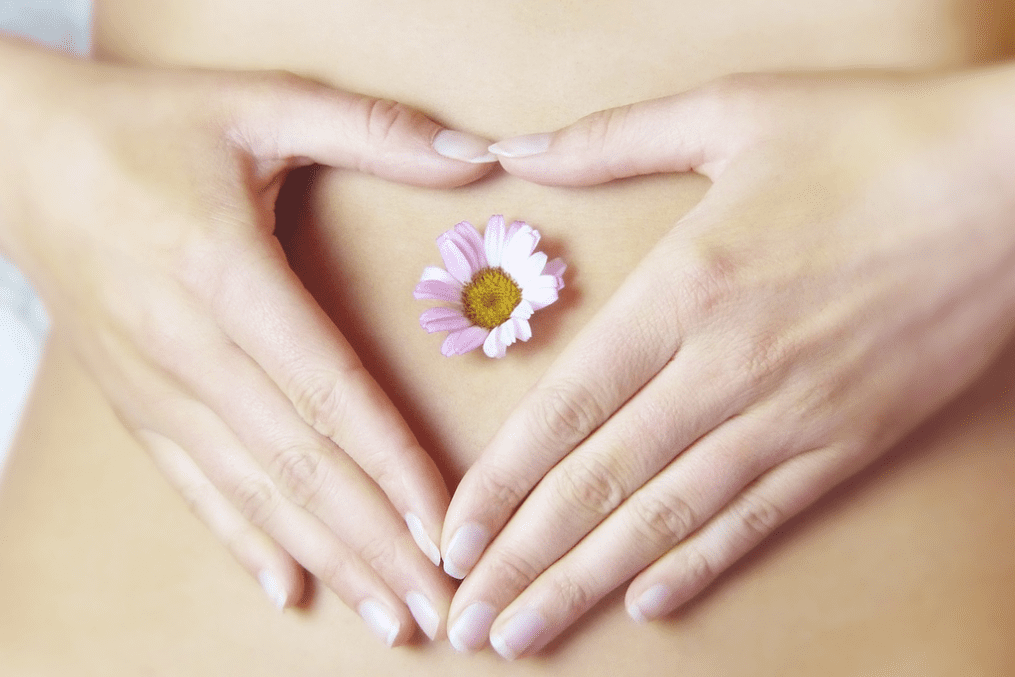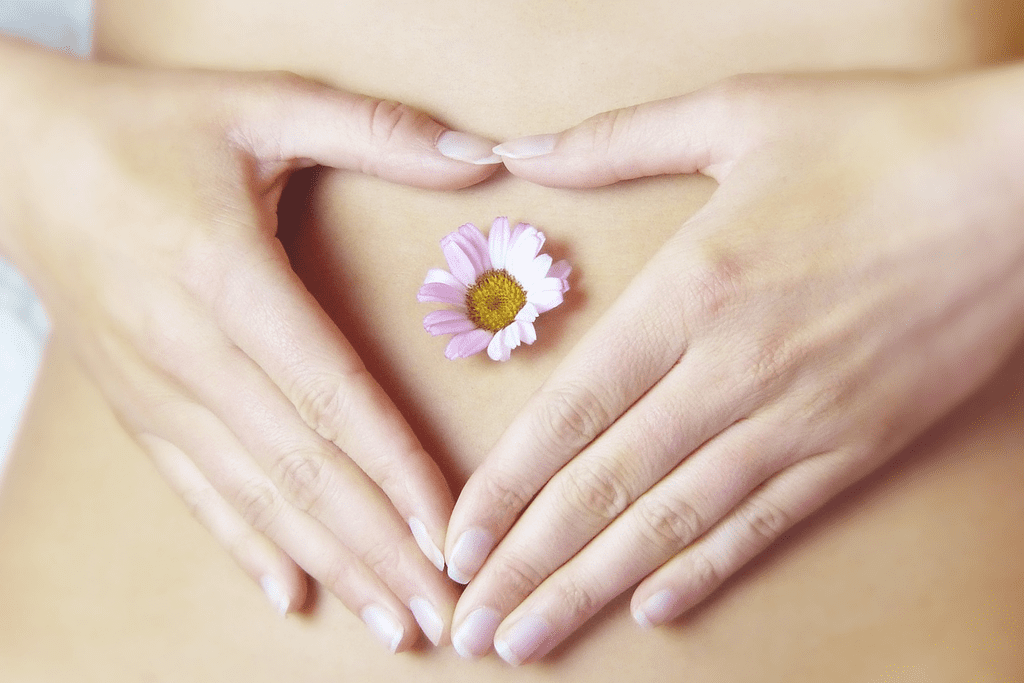Why your gut health can impact your mood

Ever had a sinking feeling when you’ve received some bad news, or felt butterflies in your tummy before a first date? Both of these symptoms are caused by your gut and brain communicating with each other. And although we’ve always referred to them as ‘gut feelings’, scientific research is now catching up and recognising the relationship between our gut health and our mood.
Your ‘second brain’
Neurons are basic building blocks in the nervous system, which transmit information throughout the body. The human gut is lined with over 100 million neurons – more than are present in the spinal cord.
Scientists believe that neurons are present in the gut to deal with the complex digestive process, without your brain getting involved. But our gut brain gets involved in lots of other interactions, too.
The gut-brain axis
We were already aware that our mental state can impact our gut health – for example, you might experience an upset tum when you’re stressed – but now scientists are aware that this interaction happens the other way around, too.
Bacteria in the gut produce neurotransmitters, or chemical messengers, such as dopamine, serotonin and GABA. Information is then passed from the gut to the brain via the vagus nerve, which runs all the way from your abdomen to the brain stem.
Feel-good gut bacteria
What this may mean is that your gut bacteria can directly affect your emotional state. For this reason, introducing friendly bacteria into your gut could potentially improve your mental wellbeing.
A 2013 study by UCLA investigated the gut-brain link in 36 healthy women. One group of participants were required to eat two yoghurts with healthy bacteria in them every day for a month, while another group ate a dairy product with no bacteria. They were compared against a third control group. The results showed that the group who ate the yoghurt with healthy bacteria showed a decrease in activity in the area of the brain that processes emotion linked to visual stimuli, suggesting a reduction in anxiety.
Such research is leading to the development of ‘psychobiotics’, in which medicines based on bacteria could be used to treat mental health issues, including depression.
Read more: How to boost your healthy gut bacteria











